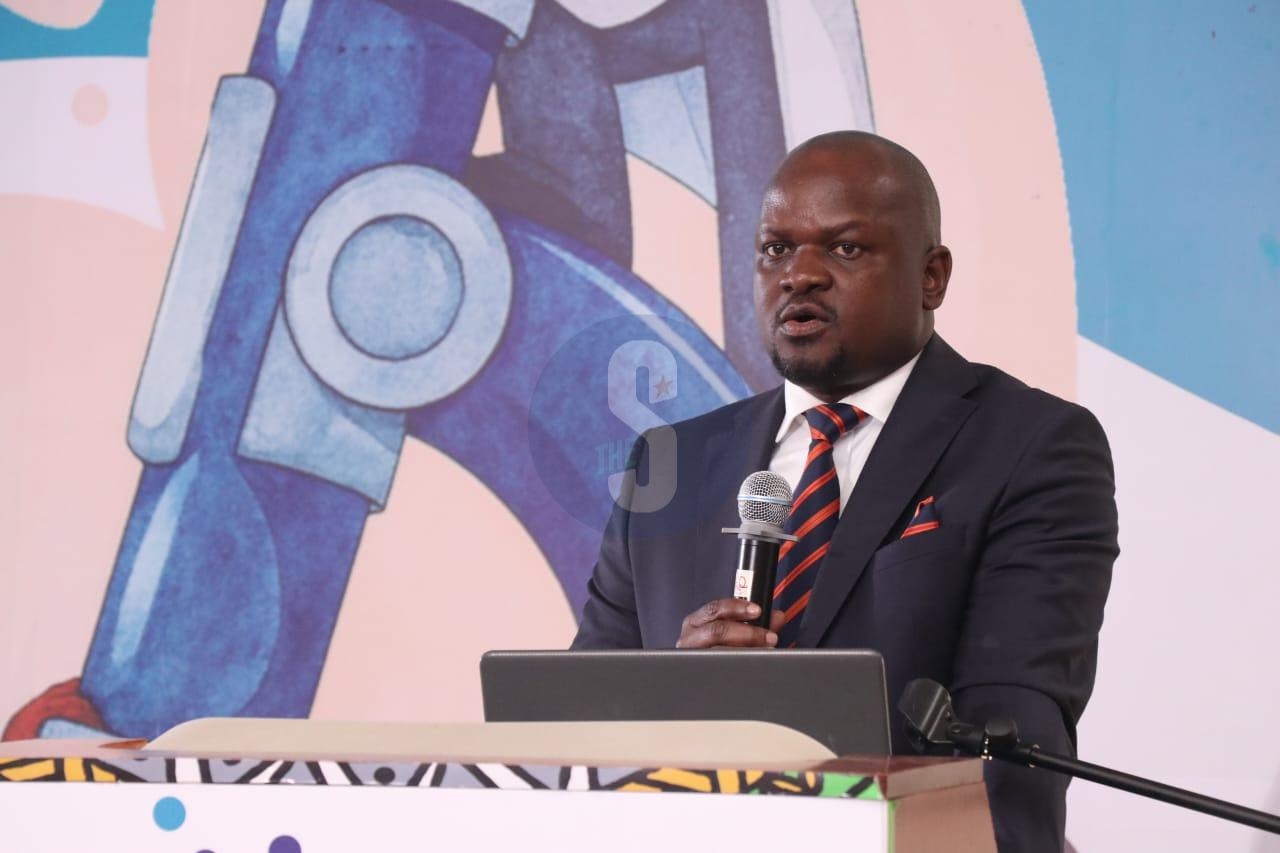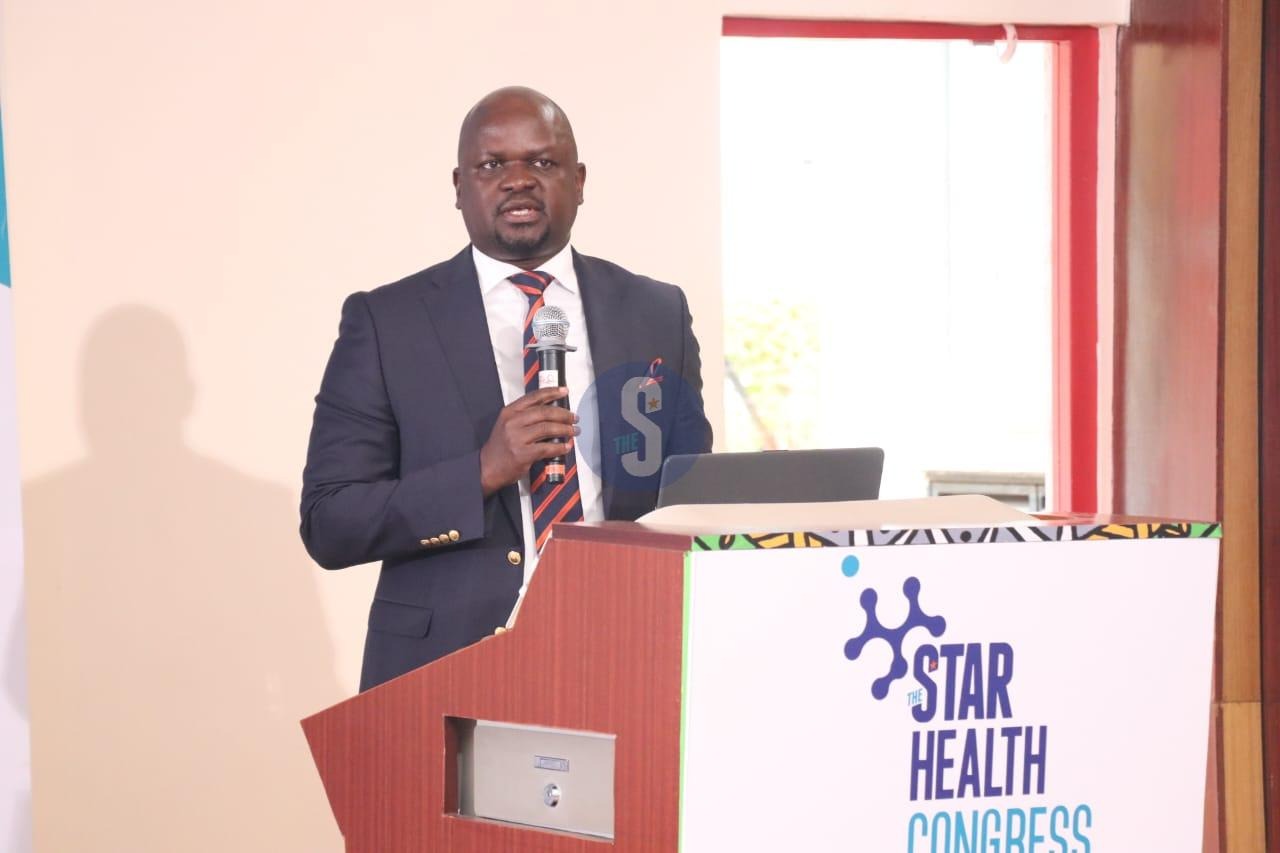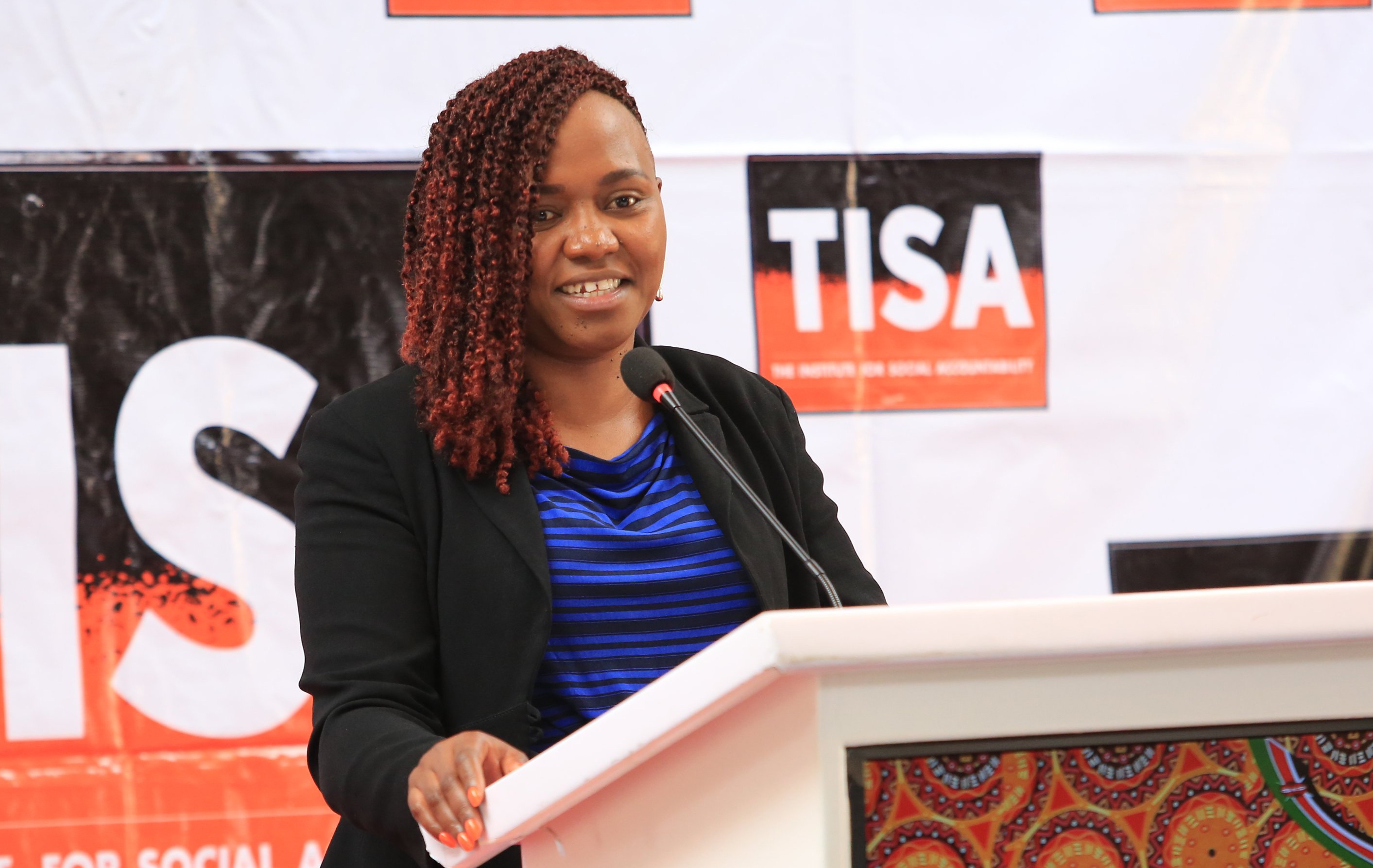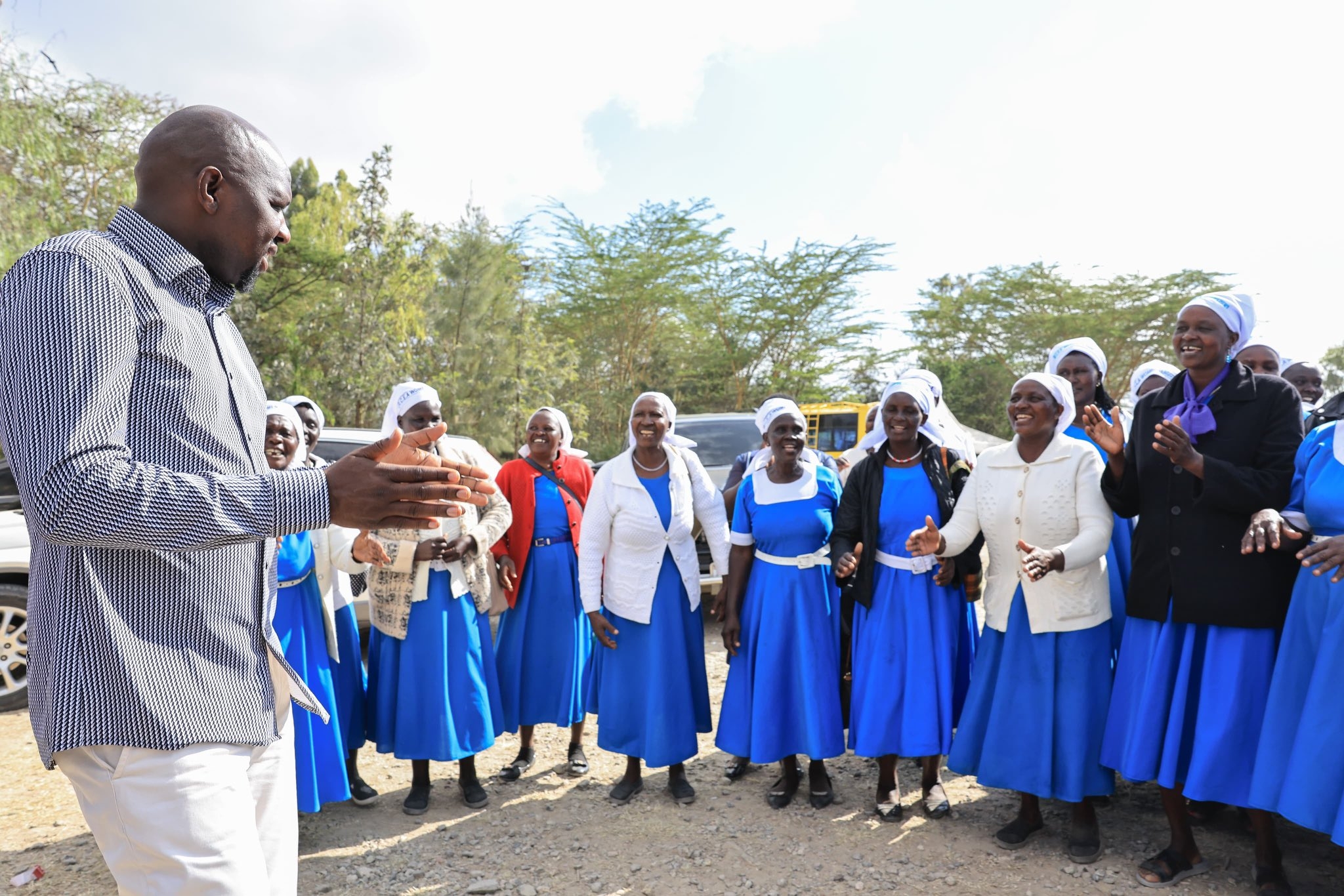

Media, scientists and policymakers must work more closely to ensure research findings translate into tangible public benefits, Radio Africa Group Editorial Director Paul Ilado has said.
Ilado said Kenya can only achieve meaningful progress if research moves beyond academic papers into actionable policies and community impact.
“Scientists, government officials and media professionals must work hand-in-hand to ensure that the groundbreaking discoveries made in our laboratories translate into real-world benefits for our communities,” Ilado said.
He spoke on Wednesday during the inaugural National Science Research Translation Congress at the African Population and Health Research Center (APHRC) in Kitisuru, Nairobi.
The event, organised by The Star, brought together researchers, government officials and communication experts to discuss how to bridge the gap between scientific research and public understanding.
The congress focused on four main areas including research translation, policy impact, media collaboration and digital branding. Ilado said these areas are critical to building “a healthier and more informed society.”
"It is not enough for research to exist in silos,” he said.
“It must be accessible, understood and implemented in ways that directly impact public health and wellbeing.”
He noted that the digital age presents new opportunities to connect research to the public, urging scientists and institutions to make better use of online platforms to reach wider audiences.
“We have unprecedented tools at our disposal; LinkedIn, X, YouTube, TikTok and even podcasts, to amplify our voices and share our insights,” he said.
“Digital branding is no longer an option; it is a necessity.”
According to Ilado, researchers should view digital engagement not just as publicity but as a strategic part of science communication that shapes how the public and policymakers understand and use research evidence.
He called on all sectors including academia, government and the media, to take collective responsibility for ensuring that scientific knowledge drives policy and social change.
“Let us foster a culture where research not only informs policy but also drives tangible social and health improvements,” Ilado said.
“Together, we can inspire a new generation of policymakers who are not just reactive but proactive, using scientific knowledge to shape the future of our nation.”
He thanked participants and organisers for their commitment to promoting evidence-based decision-making and stronger collaboration across sectors.
“Your passion and dedication to this cause are what will make this congress a success,” he said.
“Together, we can create a healthier, more informed Kenya.”
The congress, the first of its kind, is part of a growing national conversation on how to translate research into policy and practice, ensuring that Kenya’s scientific output leads to real improvements in people’s lives.















